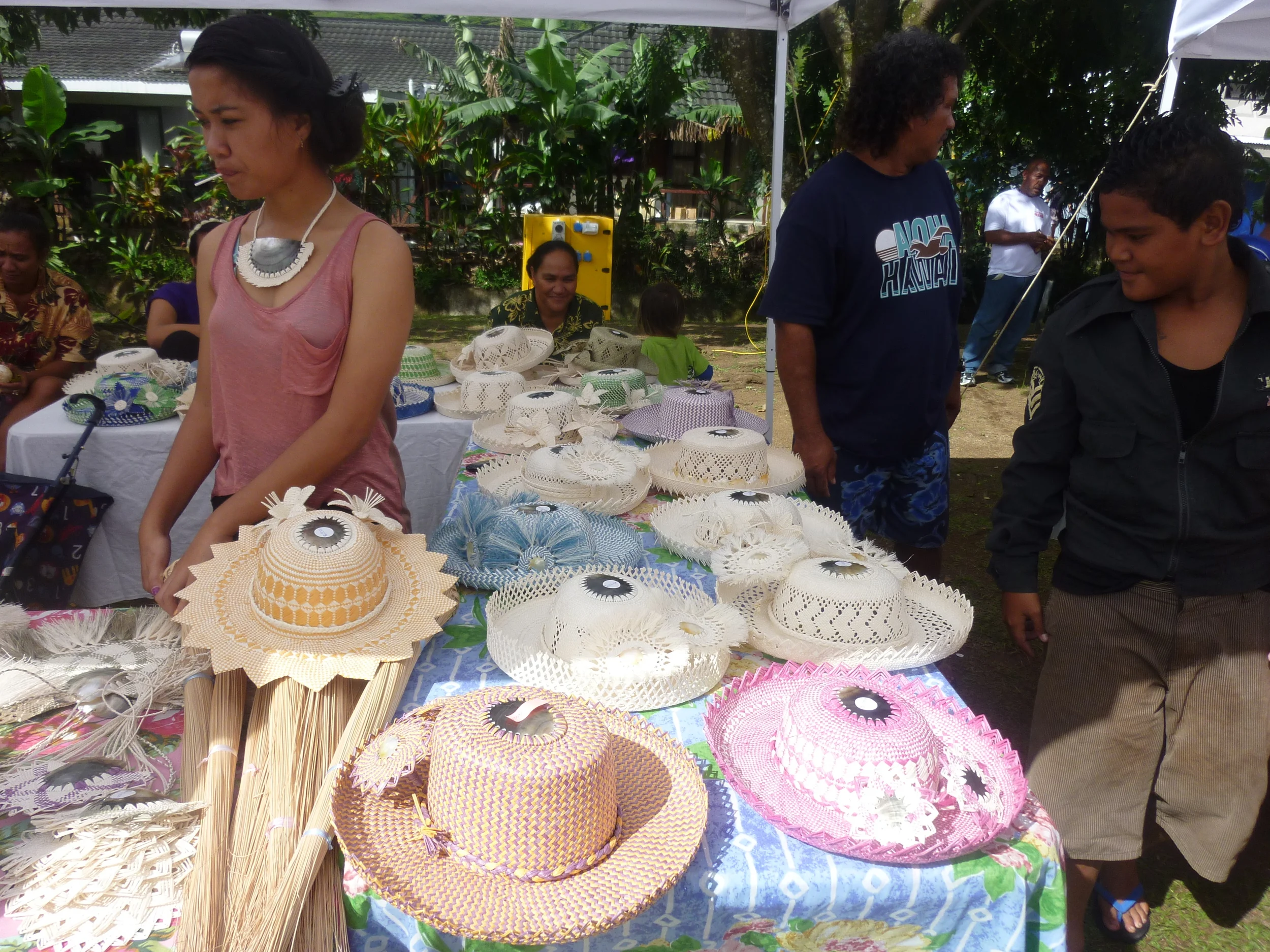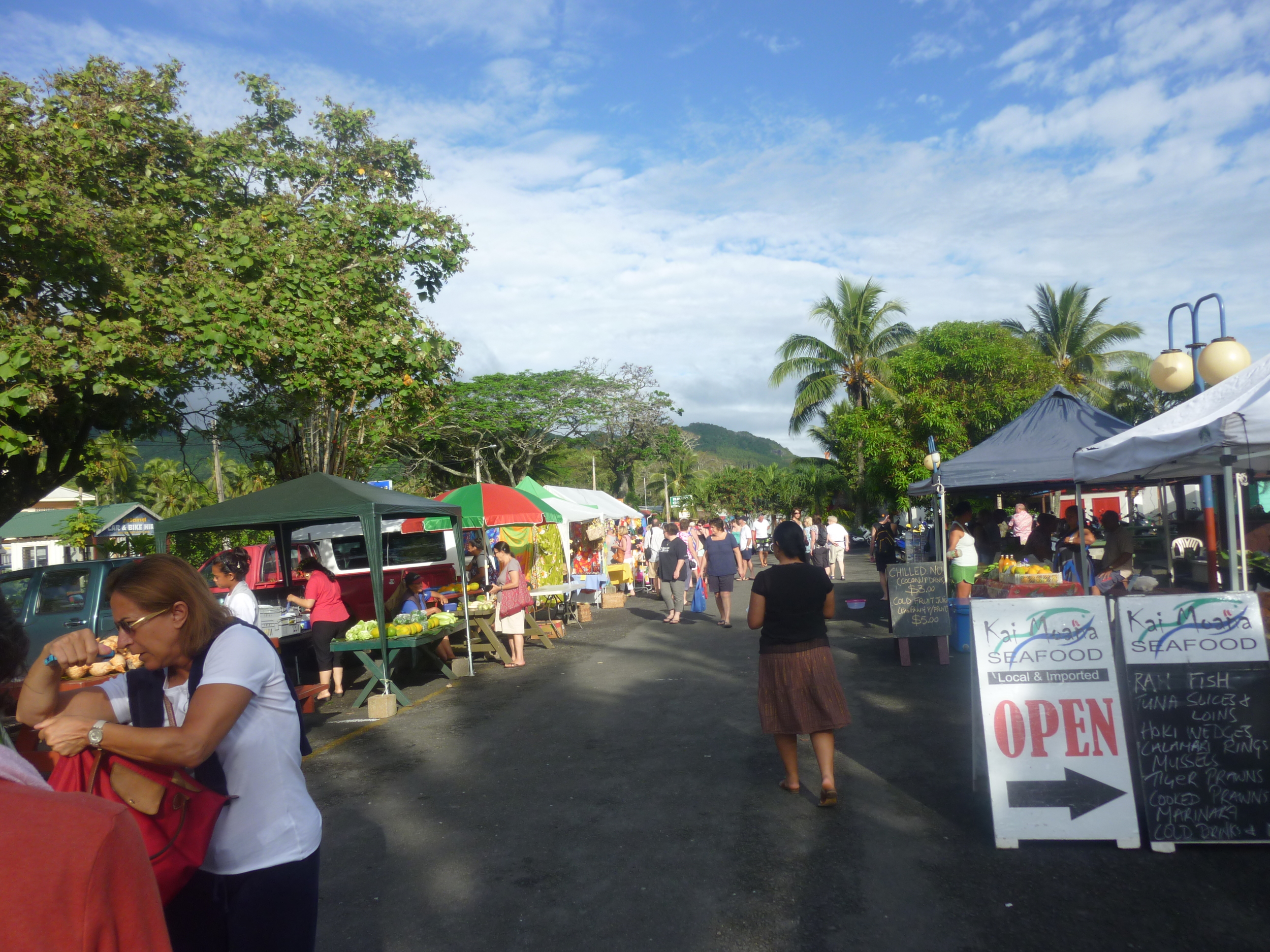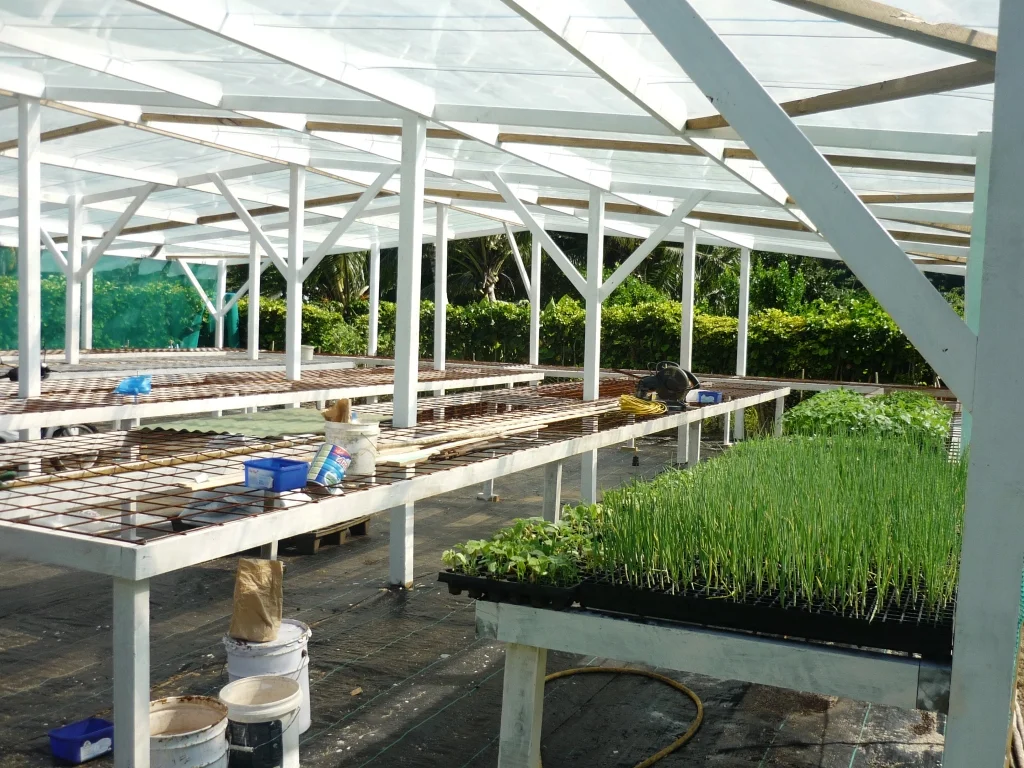Small Island Developing States
Sustainable development in small island developing states is a complex issue often involving conventional development problems as well as specific issues including significant vulnerability to disasters and shocks, limited economic opportunities, fragile eco-systems, diseconomies of scale, long distances, small dispersed communities and limited income generation opportunities.
Island economies have mostly focused on a mix of tourism, fisheries, financial services, oil, natural gas and forestry. Many islands lack appropriate access to concessional and private finance. Remittances tend to make up a significant portion of total external finance.
Increasingly, island peoples' are impacted by climate change. This changes rain and fishing patterns, increases the intensity of storms and ocean acidity. For example losses in a few days from one cyclone were estimated at 60% of GDP in Vanuatu (2015) and 280% of GDP in Dominica in 2017.
While islands already face significant burdens from non-communicable diseases, climate change is increasing risks including water borne bacteria, Chikungunya and Dengue.
COVID-19 pandemic has laid bare the extreme exposure of islands to global shocks. This decimated tourism income and exposed weaknesses in many island health and social protection systems. Impacts were also compounded by the multiple hazards islands face. Fiji was impacted by a category 5 cyclone (2020) and volcanic eruptions impacted St Vincent & Grenadines (2021) and Tonga (2022).
While island people have been able to sustain livelihoods for thousands of years, the scale of future climate changes threatens ever more unbearable costs. Migration is often the chosen pathway for young working age people.
Nevertheless, experience demonstrates small island resilience can slowly improve over time. This requires sustained locally relevant investment across sectors including education (including TVET) and health systems, water and energy, ICT, disaster risk reduction, tourism and compliant financial services.
The digital and clean energy transition provides new opportunities for disaster insurance products, digital payments, e-government, smart agriculture, renewable energy and remote work.

Local markets





